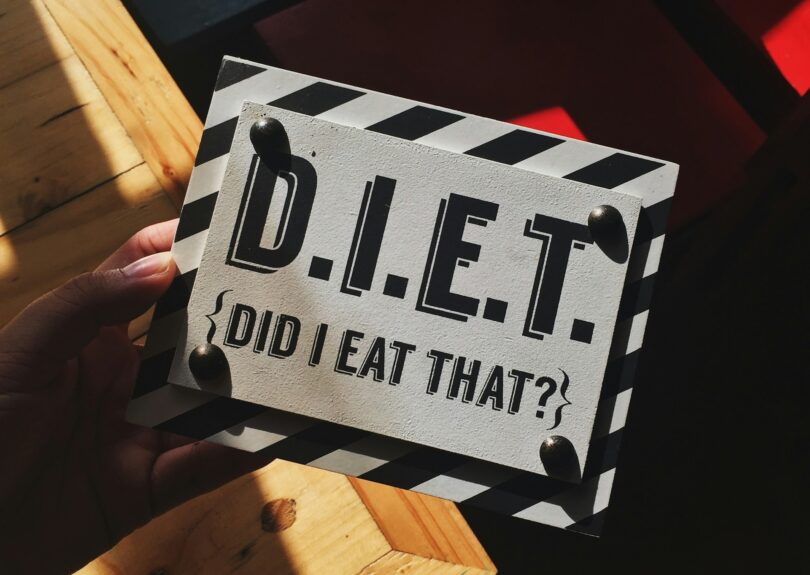A little more than a year ago, I wrote a post about research revealing that monkeys fasting intermittently were likely to live longer. Whether what’s true for monkeys is true for people is another story. But, new research suggests that intermittent fasting could help you lose weight.
What is intermittent fasting? It’s eating on a limited schedule. And, the latest research out of the Harvard T.H. Chan School of Public Health shows that intermittent fasting is of equal or better benefit for losing weight than eating fewer calories, so long as you eat healthy!!!
Unlike diets that direct you to eat particular foods in particular quantities and not to eat other foods, intermittent fasting directs you to eat at certain times. Different people prescribe different schedules, but generally you only eat during an eight-hour period each day.
Each day, you eat during the same eight-hour time slot. During the remaining 16 hours, you do not eat. Though, you can drink water, tea or coffee. The regimen is relatively easy to follow, as most people sleep for eight of those hours.
How does intermittent fasting help you lose weight? When you don’t eat for a prolonged period–16 hours, your body burns fat in order to get energy. It has no glucose to burn. That’s called short-term ketosis.
Intermittent fasting could also lower your risk of heart disease. You are less likely to have high blood sugar, high blood pressure or high cholesterol. You are also less likely to be obese. But, the jury is out because studies have been on relatively small populations over relatively short time periods.
For most people, it can’t hurt to try intermittent fasting. Before getting started, check with your doctor, especially if you have diabetes or are on a blood pressure medicine. If you do try, start with a shorter fasting period, such as 12 hours, to help you acclimate to the routine.
Most people can lose a half pound to a pound each week from intermittent fasting. But, eat healthy, avoid processed foods, cigarettes and alcohol.
Here’s more from Just Care:










